EXTRA TARIFFS UNDER EU’S CARBON RULES
입력 2022.12.15 (15:07)
수정 2022.12.15 (16:45)
읽어주기 기능은 크롬기반의
브라우저에서만 사용하실 수 있습니다.
[Anchor Lead]
The European Union has decided to impose extra tariffs on imported goods that emit large amounts of carbon during manufacturing. With the introduction of EU's new Carbon Border Adjustment Mechanism, South Korea's steel sector will inevitably be affected the most immediately. The government is demanding the EU to take into consideration Korea's emission trading system.
[Pkg]
The EU reached a provisional agreement to introduce the Carbon Border Adjustment Mechanism. Imported goods that emit large amounts of carbon during manufacturing will be subject to extra tariffs. The CBAM will take effect in October 2023. Manufacturers will have to pay the tariffs from as early as 2026. Subject to the extra tariffs are six items including steel, cement and aluminum. South Korea's steel sector will likely be affected the most. Manufacturers will inevitably see their expenditures surge. Analysts say they may have to shoulder extra costs of about 8 percent of their export amounts. On top of that, they must also pay administrative fees and other costs associated with certifying their carbon emissions. Small firms have been found to be lacking the means to handle certifying procedures. Another point of concern is that businesses' confidential information could be leaked to EU-based rival companies in the process.
[Soundbite] Lee Sang-jun(Korea Energy Economics Institute) : "This regulation targets EU's importers, and Korean exporters will definitely be subject to the new requirements. That would be tantamount to having Korean businesses share their information with private firms, which may result in information leaks and unfair business practices."
The government is demanding that the EU take into account Korea's emission trading system when enforcing the new regulations. The government wants to alleviate businesses' concerns over higher certifying costs and leak of business secrets. It also plans to bolster the domestic carbon certifying foundation and increase support for developing low-carbon technologies.
The European Union has decided to impose extra tariffs on imported goods that emit large amounts of carbon during manufacturing. With the introduction of EU's new Carbon Border Adjustment Mechanism, South Korea's steel sector will inevitably be affected the most immediately. The government is demanding the EU to take into consideration Korea's emission trading system.
[Pkg]
The EU reached a provisional agreement to introduce the Carbon Border Adjustment Mechanism. Imported goods that emit large amounts of carbon during manufacturing will be subject to extra tariffs. The CBAM will take effect in October 2023. Manufacturers will have to pay the tariffs from as early as 2026. Subject to the extra tariffs are six items including steel, cement and aluminum. South Korea's steel sector will likely be affected the most. Manufacturers will inevitably see their expenditures surge. Analysts say they may have to shoulder extra costs of about 8 percent of their export amounts. On top of that, they must also pay administrative fees and other costs associated with certifying their carbon emissions. Small firms have been found to be lacking the means to handle certifying procedures. Another point of concern is that businesses' confidential information could be leaked to EU-based rival companies in the process.
[Soundbite] Lee Sang-jun(Korea Energy Economics Institute) : "This regulation targets EU's importers, and Korean exporters will definitely be subject to the new requirements. That would be tantamount to having Korean businesses share their information with private firms, which may result in information leaks and unfair business practices."
The government is demanding that the EU take into account Korea's emission trading system when enforcing the new regulations. The government wants to alleviate businesses' concerns over higher certifying costs and leak of business secrets. It also plans to bolster the domestic carbon certifying foundation and increase support for developing low-carbon technologies.
■ 제보하기
▷ 카카오톡 : 'KBS제보' 검색, 채널 추가
▷ 전화 : 02-781-1234, 4444
▷ 이메일 : kbs1234@kbs.co.kr
▷ 유튜브, 네이버, 카카오에서도 KBS뉴스를 구독해주세요!
- EXTRA TARIFFS UNDER EU’S CARBON RULES
-
- 입력 2022-12-15 15:07:36
- 수정2022-12-15 16:45:10
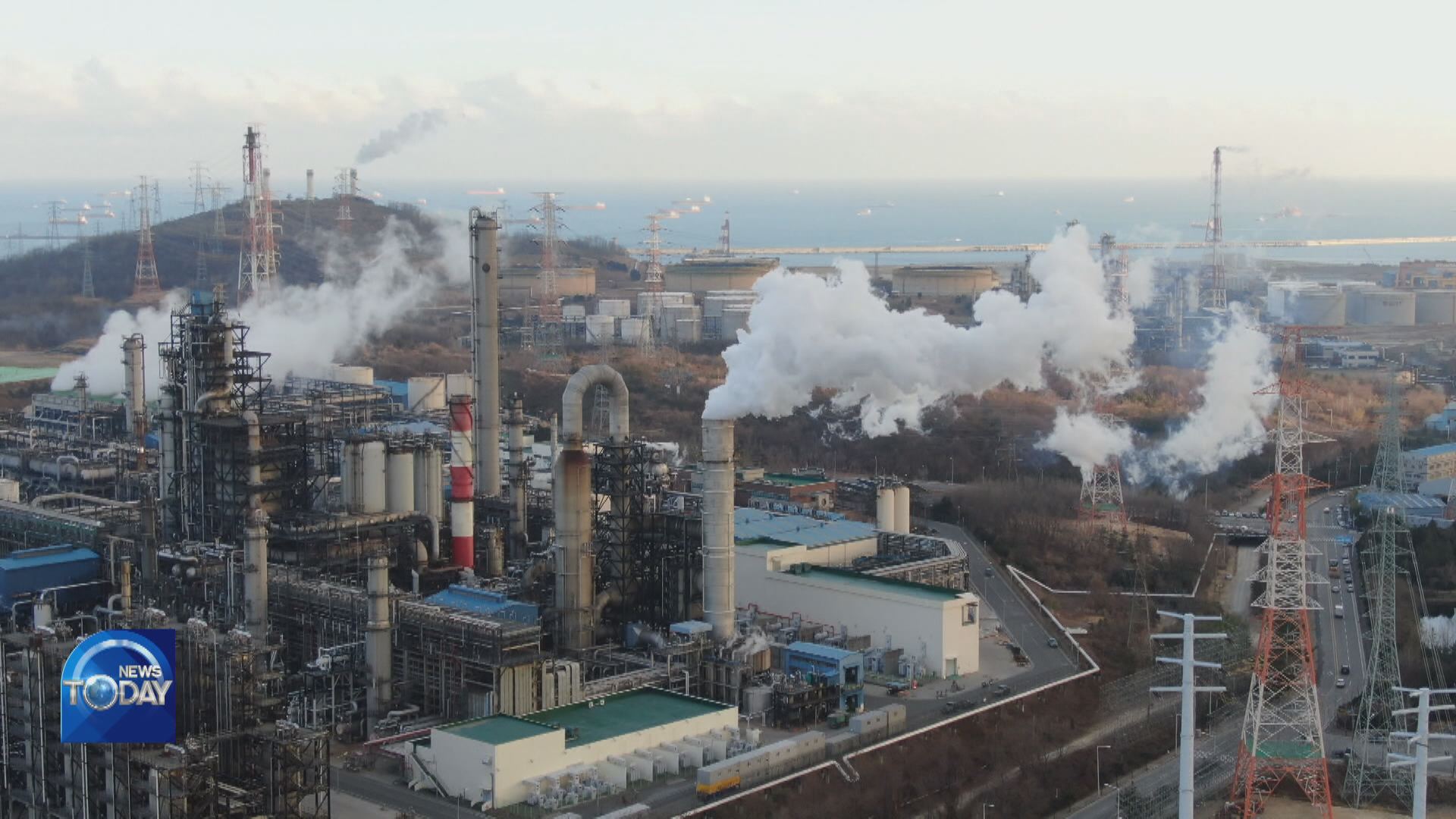
[Anchor Lead]
The European Union has decided to impose extra tariffs on imported goods that emit large amounts of carbon during manufacturing. With the introduction of EU's new Carbon Border Adjustment Mechanism, South Korea's steel sector will inevitably be affected the most immediately. The government is demanding the EU to take into consideration Korea's emission trading system.
[Pkg]
The EU reached a provisional agreement to introduce the Carbon Border Adjustment Mechanism. Imported goods that emit large amounts of carbon during manufacturing will be subject to extra tariffs. The CBAM will take effect in October 2023. Manufacturers will have to pay the tariffs from as early as 2026. Subject to the extra tariffs are six items including steel, cement and aluminum. South Korea's steel sector will likely be affected the most. Manufacturers will inevitably see their expenditures surge. Analysts say they may have to shoulder extra costs of about 8 percent of their export amounts. On top of that, they must also pay administrative fees and other costs associated with certifying their carbon emissions. Small firms have been found to be lacking the means to handle certifying procedures. Another point of concern is that businesses' confidential information could be leaked to EU-based rival companies in the process.
[Soundbite] Lee Sang-jun(Korea Energy Economics Institute) : "This regulation targets EU's importers, and Korean exporters will definitely be subject to the new requirements. That would be tantamount to having Korean businesses share their information with private firms, which may result in information leaks and unfair business practices."
The government is demanding that the EU take into account Korea's emission trading system when enforcing the new regulations. The government wants to alleviate businesses' concerns over higher certifying costs and leak of business secrets. It also plans to bolster the domestic carbon certifying foundation and increase support for developing low-carbon technologies.
The European Union has decided to impose extra tariffs on imported goods that emit large amounts of carbon during manufacturing. With the introduction of EU's new Carbon Border Adjustment Mechanism, South Korea's steel sector will inevitably be affected the most immediately. The government is demanding the EU to take into consideration Korea's emission trading system.
[Pkg]
The EU reached a provisional agreement to introduce the Carbon Border Adjustment Mechanism. Imported goods that emit large amounts of carbon during manufacturing will be subject to extra tariffs. The CBAM will take effect in October 2023. Manufacturers will have to pay the tariffs from as early as 2026. Subject to the extra tariffs are six items including steel, cement and aluminum. South Korea's steel sector will likely be affected the most. Manufacturers will inevitably see their expenditures surge. Analysts say they may have to shoulder extra costs of about 8 percent of their export amounts. On top of that, they must also pay administrative fees and other costs associated with certifying their carbon emissions. Small firms have been found to be lacking the means to handle certifying procedures. Another point of concern is that businesses' confidential information could be leaked to EU-based rival companies in the process.
[Soundbite] Lee Sang-jun(Korea Energy Economics Institute) : "This regulation targets EU's importers, and Korean exporters will definitely be subject to the new requirements. That would be tantamount to having Korean businesses share their information with private firms, which may result in information leaks and unfair business practices."
The government is demanding that the EU take into account Korea's emission trading system when enforcing the new regulations. The government wants to alleviate businesses' concerns over higher certifying costs and leak of business secrets. It also plans to bolster the domestic carbon certifying foundation and increase support for developing low-carbon technologies.
이 기사가 좋으셨다면
-
좋아요
0
-
응원해요
0
-
후속 원해요
0










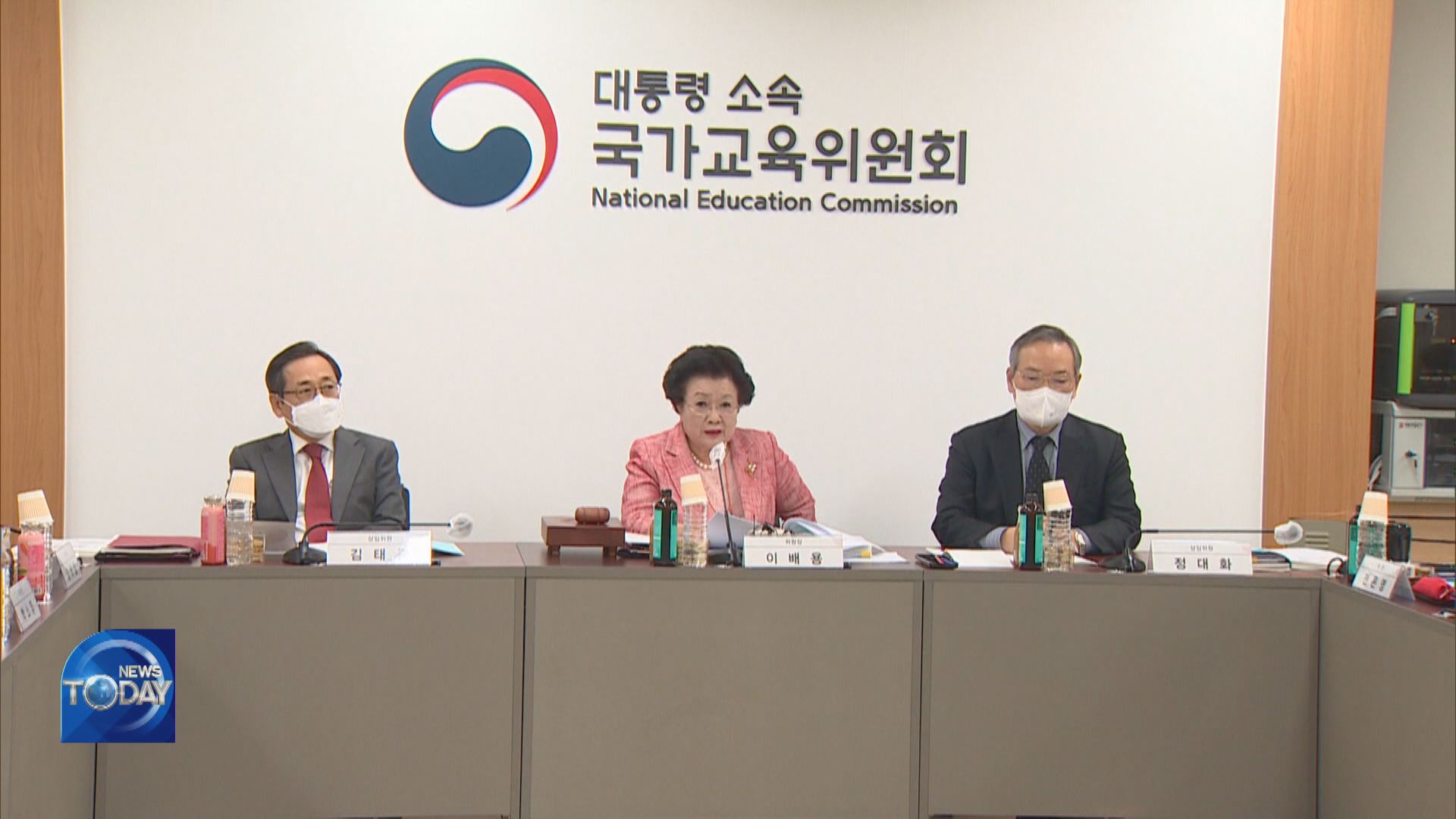
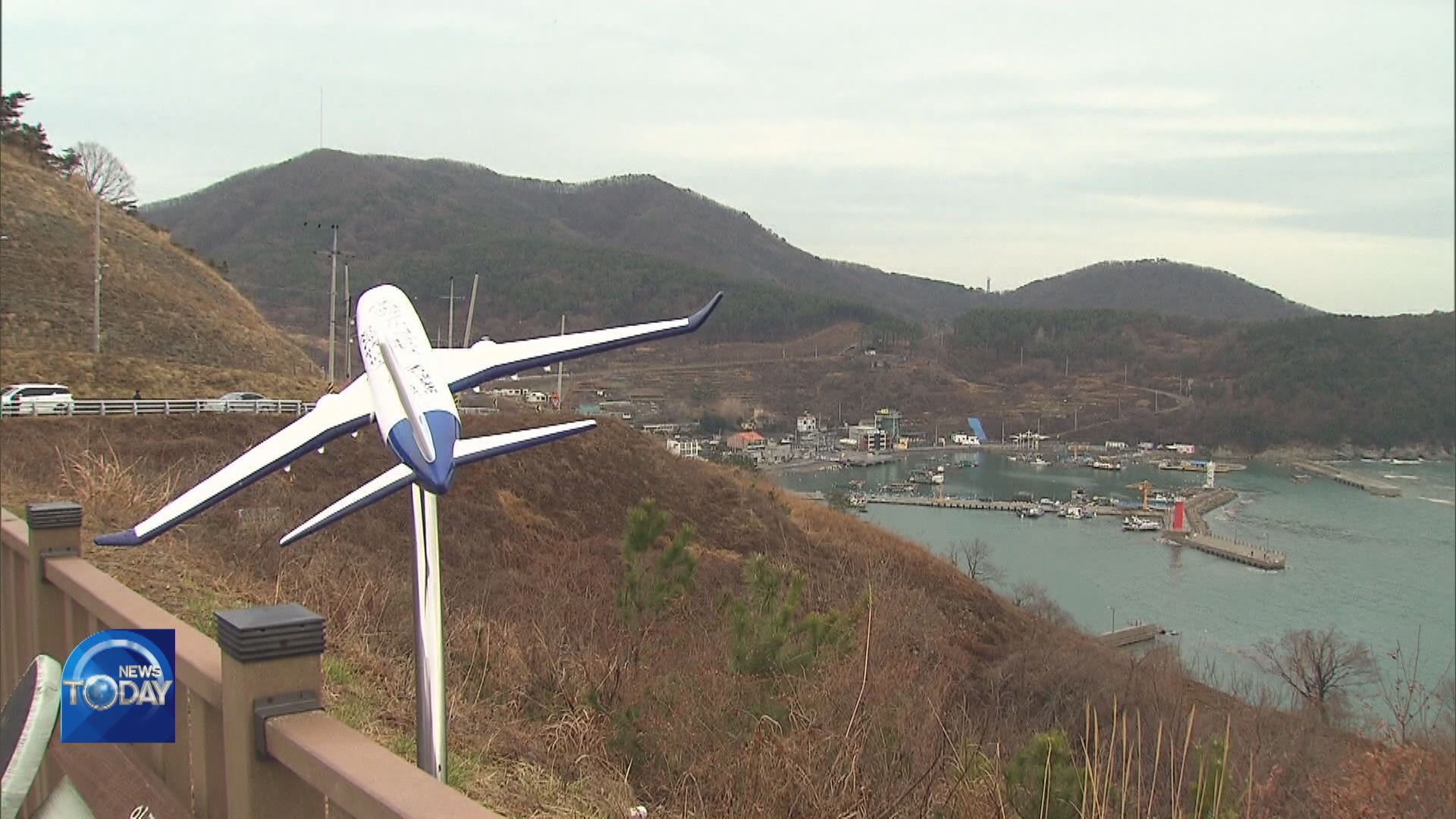
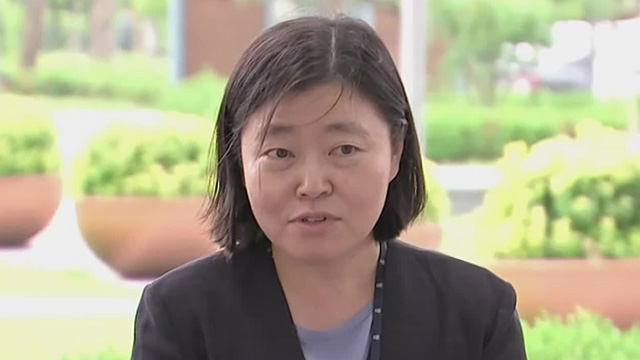
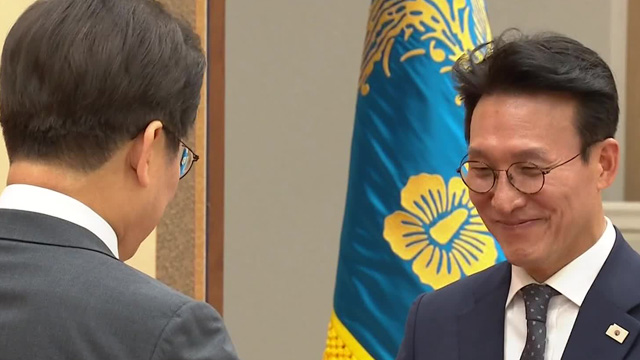
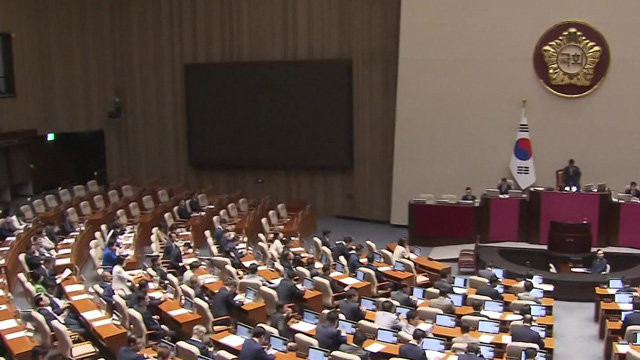
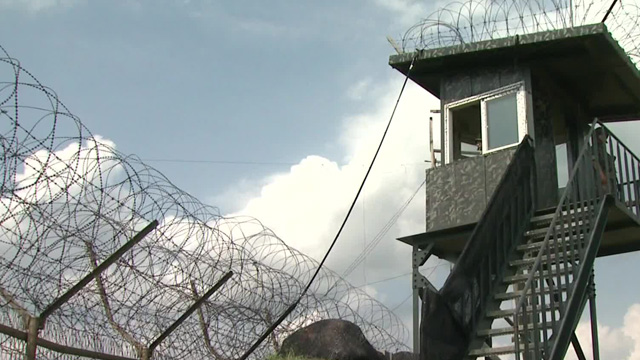

이 기사에 대한 의견을 남겨주세요.